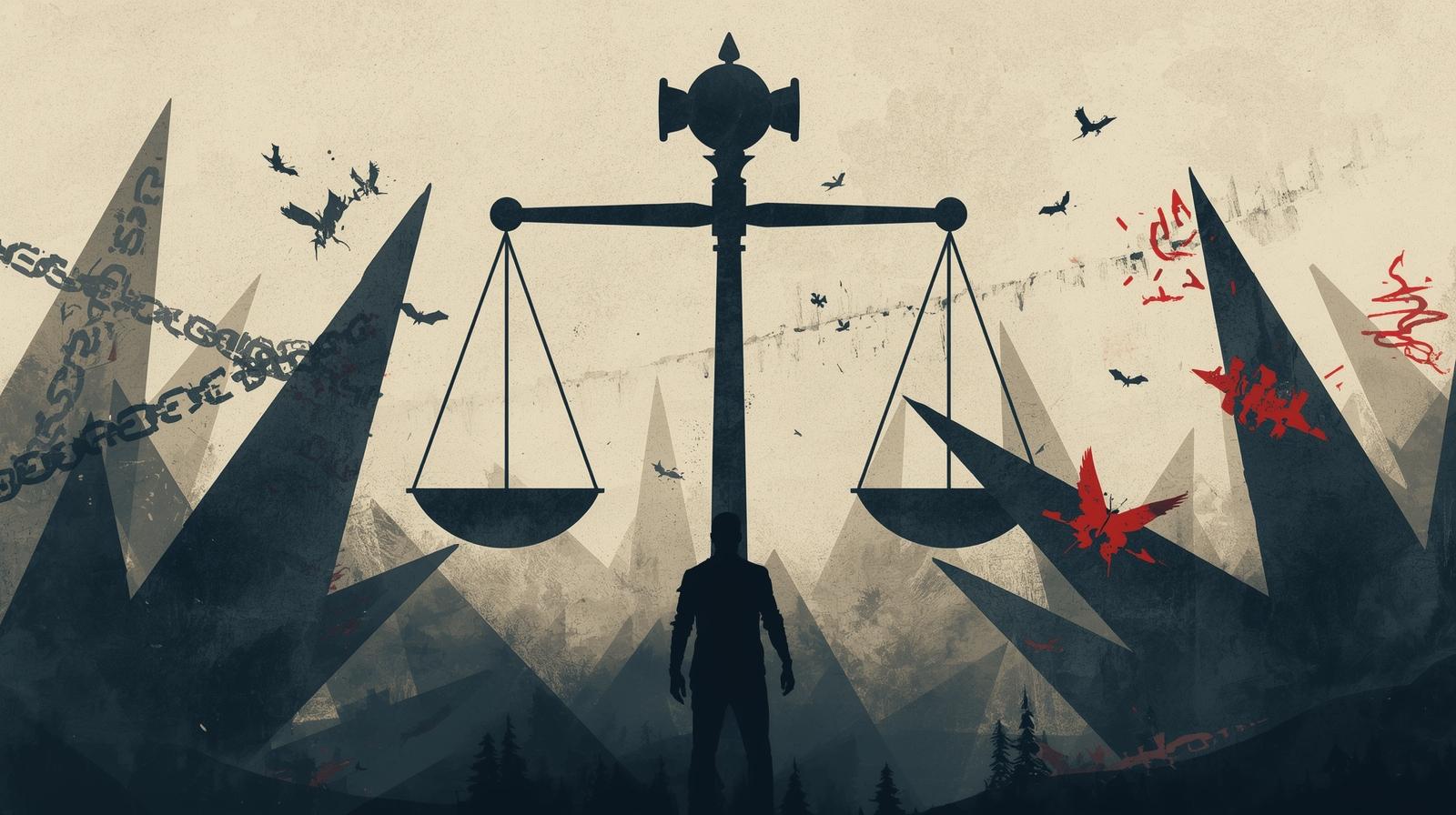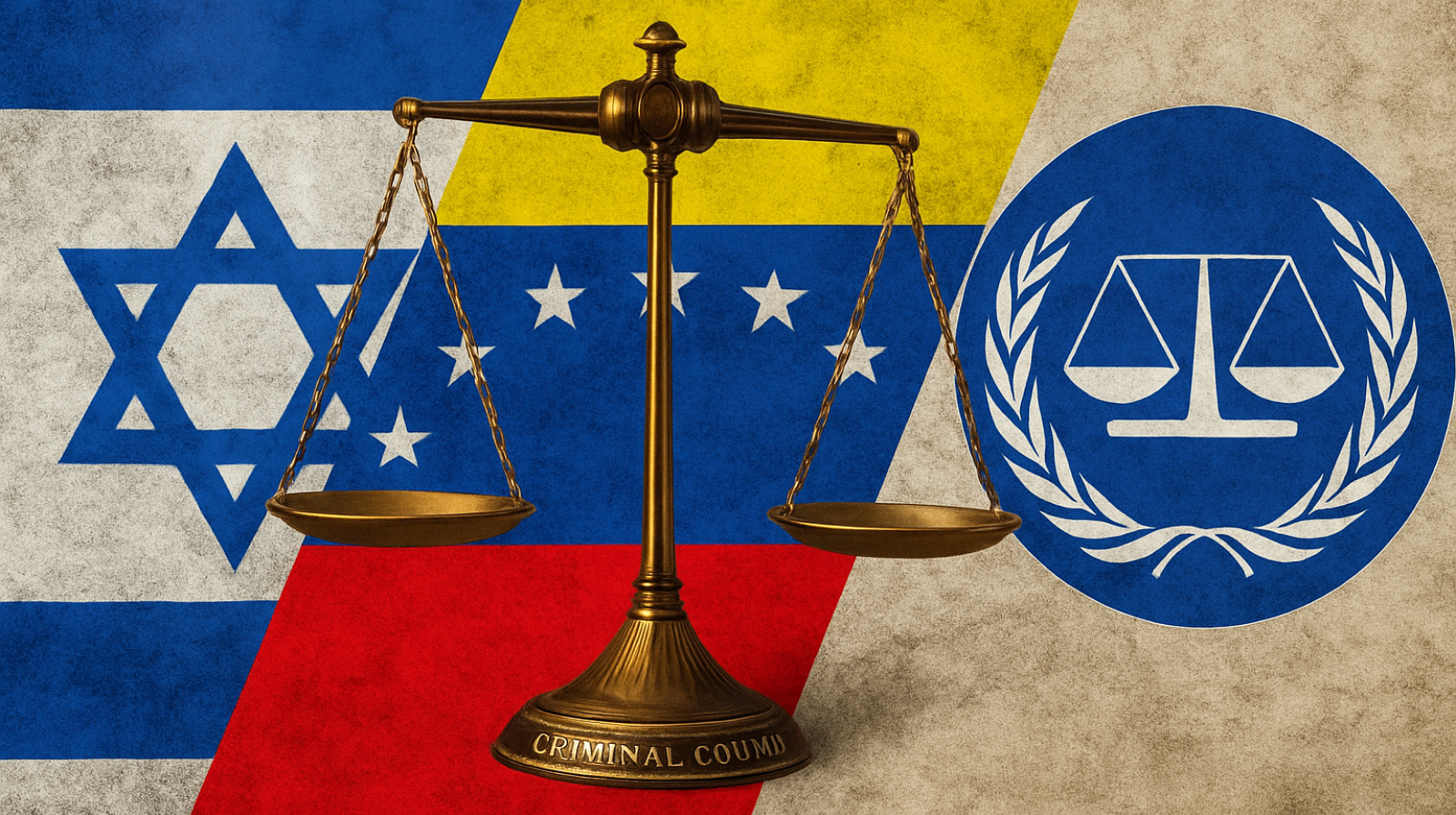Analysis of International Court of Justice (ICJ) October 22 Advisory Opinion
Obligations of Israel in relation to the Presence and Activities of the United Nations, Other International Organizations and Third States in and in relation to the Occupied Palestinian Territory.
By Gregory Rose, Irene Petrakis, Michael Pushenko
Executive Summary
On October 22, the International Court of Justice (ICJ) issued its Advisory Opinion: Obligations of Israel in relation to the Presence and Activities of the United Nations, Other International Organizations and Third States in and in relation to the Occupied Palestinian Territory.
The Advisory Opinion is the Court’s response to a request by the UN General Assembly (resolution 79/232), issued on 19 December 2024, after Israel suspended cooperation with the UN Relief and Works Agency for Palestinians in the Near East (UNRWA). Israel had ceased cooperation with UNRWA due to evidence of its employees’ participation with Hamas in the October 7, 2023 massacre, as well as its longstanding role in enabling terrorism against Israel.
The General Assembly asked the Court to opine on Israel’s obligations under international law.The ICJ majority concluded that Israel’s suspension of cooperation with UNRWA was unlawful and that Israel must permit unimpeded access for humanitarian organizations into Gaza. However, in a strong dissenting opinion, Vice-President Judge Julia Sebutinde criticized the ruling as an abuse of the ICJ’s advisory function, arguing that it overlooked the complex realities of urban warfare as well as Israel’s security concerns, and noted the limited and unreliable evidence before the Court.
This analysis contends that the majority Opinion is legally flawed, one-sided, and constitutes an abuse of process. It highlights the following procedural and legal flaws with the Opinion:
Abuse of process and bias
This is the third time that the General Assembly has requested an Advisory Opinion concerning Israel and risks prejudicing two active contentious – South Africa v. Israel and Nicaragua v. Germany – which also address humanitarian issues in Gaza. Moreover, the Court’s heavy reliance on UN-supplied evidence, while disregarding alternative sources, created a circular and biased evidentiary process. The Court focused only on Israel’s obligations and embarked on a tangential excursion, affirming the Palestinian right to self-determination through statehood, while neglecting to scrutinise the roles and responsibilities of other actors, such as Hamas and Egypt.
Misapplication of international humanitarian law and law of occupation
The Court misapplied international humanitarian law and disregarded Israel’s compliance with Articles 23 and 59 of the Fourth Geneva Convention. These are obligations that permit restrictions, including where there is a risk of aid diversion to enemy forces, as routinely occurred with Hamas in Gaza. The Court also employed an expansive definition of occupation that claimed Israel exercises effective control over Gaza, despite its 2005 disengagement and the absence of actual administrative and military authority.
Israel’s right to cease cooperation with UNRWA
The Court relied on an incomplete analysis of the legal framework for UNRWA’s operations to contend that Israel’s UNRWA ban contravenes the UN Charter and the Convention on the Privileges and Immunities of the United Nations. In doing so, it disregarded a key piece of treaty law – the Comay-Michelmore Agreement – which qualifies the aforementioned UN instruments and permits Israel to cease cooperation with UNRWA on security grounds. Additionally, the principle of ‘functional necessity’ limits UN immunities to activities consistent with UN purposes, which support for terrorism is not.
UNRWA’s support for terrorism
The Court rejected evidence that UNRWA’s infiltration by Hamas and other terrorist organizations is so systematic that it compromises the agency’s neutrality. It portrayed the involvement of UNRWA employees in the October 7 attacks as an isolated event, although UNRWA’s links to terrorism are endemic and longstanding. The Court also disregarded UNRWA’s role in exacerbating the conflict since its inception, including by radicalising Palestinians through its educational programs.
Conclusion
The ICJ Advisory Opinion of 22 October 2025 constituted a misuse of judicial authority that subordinated the rule of international law in the UN to political necessity. It offered a flawed and incomplete assessment of Israel’s obligations under humanitarian law, the law of occupation, and UNRWA’s governing framework.
As shown in evidence that the majority of the ICJ bench disregarded, UNRWA is clearly a partisan actor in the conflict, has long enabled and supported terrorism, and has ceased to act as a neutral humanitarian organization, forfeiting its right to immunities and privileges. The dissenting opinion of Judge Julia Sebutinde outlined these flaws of the majority judgment.
The majority of the Court circumvented the existing Middle East sub-regional peace negotiation framework and, rather than endorsing a return to the negotiating table, it undermined fundamental principles of international law, such as sovereign state consent and unbiased adjudication. The ICJ might begin to restore itself by curtailing its current enthusiasm for Advisory Opinion lawfare.
Full report below:



